MSI has raised the prices across its product portfolio in the range of Rs 7,850 to Rs 31,600.
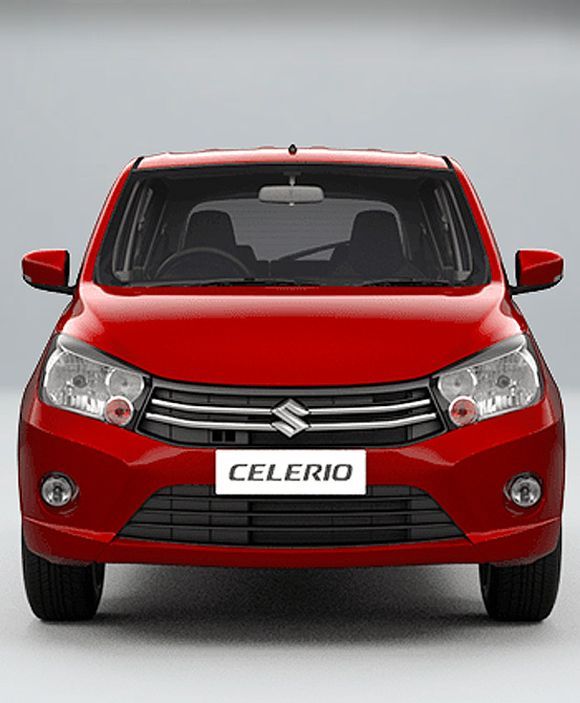
Gearing up to enter new segments this year, an upbeat Maruti Suzuki India says that the price hikes following the withdrawal of excise duty sops will not affect auto sales.
The India's largest car maker is banking on factors like lower fuel prices and the likely softening of interest rates to offset the impact of increase in vehicle prices.
"Ultimately you have to look at the total affordability factor for the customer.
“While the car prices have gone up, if interest rates come down, if petrol prices come down it will offset the increase in price," Maruti Suzuki Chairman RC Bhargava told PTI on the sidelines of an event.
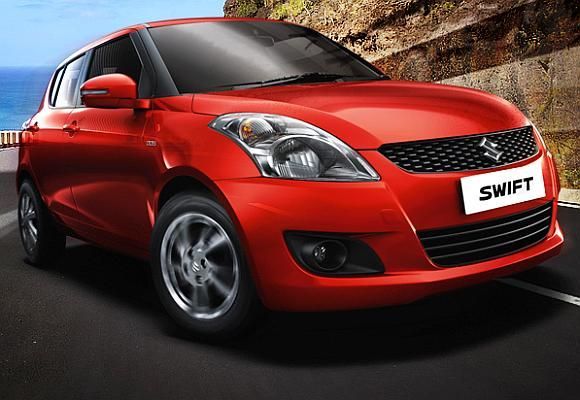
About 70 per cent or so of the customers buy via financing and the equated monthly installment for this 4 per cent increase is not going to be all that significant, he added.
With the government not continuing with lower excise duty beyond December 31, major car makers, including Maruti Suzuki, Hyundai, GM India and Honda have raised vehicle prices by up to Rs 127,000.
MSI has raised the prices across its product portfolio in the range of Rs 7,850 to Rs 31,600.
Expecting a decrease in interest rates, Bhargava said: "All the indications say that interest rates will start coming down."
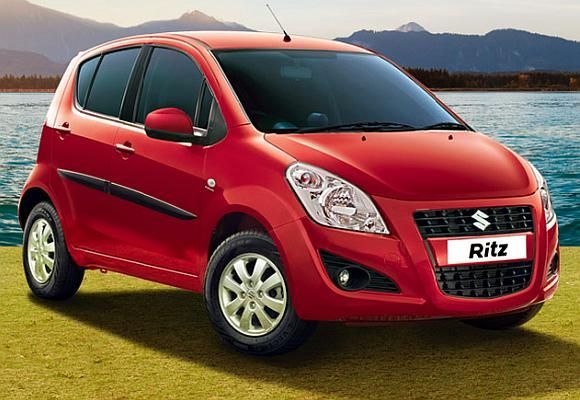
Commenting on the MSI's plans for the year, Bhargava said the company would get into areas where it was not present previously.
"We are getting into areas where we were not there, like the SUV segment.
“We will get into the SUV segment this year where we were not there. So in that sense we will be targeting those area where we haven't been present. We will also get into the LCV segment," Bhargava said.
The company's SX Cross is slated to hit the market in the first half of the year, while the LCV is also expected to follow suit.
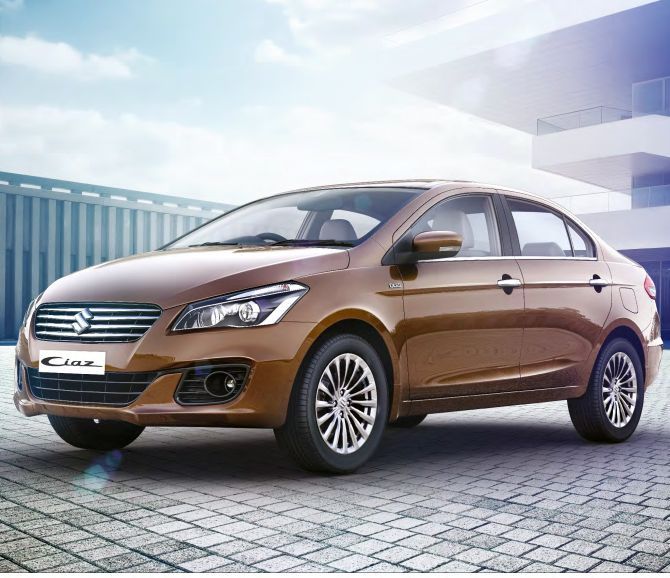
Commenting on the need for research to come up with low-cost hybrid technology for small cars, Bhargava said: ". . . government might like to consider that when they are
supporting electric car makers, the next stage of support is the development of a hybrid and my view was that they should support R&D rather than the finished product."
Asked about the impact of decline in oil prices on the Indian economy, Bhargava said: "As far as economy is concerned our current account deficit and out foreign exchange outgo will all become better.
"It has enabled the government so far to only partially pass the reduction in prices to the consumer.
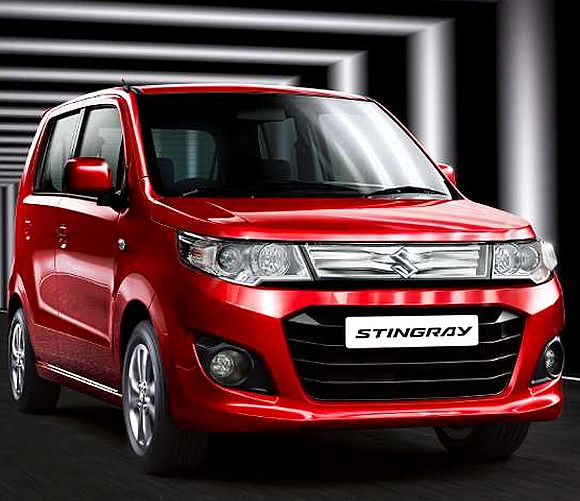
Rest they have absorbed as additional excise duty and are using that money, as finance minister said, for road building. So, its a great benefit to the economy as a whole."
On its impact on MSI, Bhargava said the declining oil prices ‘should result in some of the commodity prices being favourably impacted’.
He said the changes in the manufacturing sector after the Modi government came into power is yet to be seen but ‘it will come because some of the changes which are being announced and implemented take time to work through the system’.
"But the intention is very clear.
“The understanding is there. So I think we will have benefits coming towards in second half of this year," Bhargava added.











 © 2025
© 2025